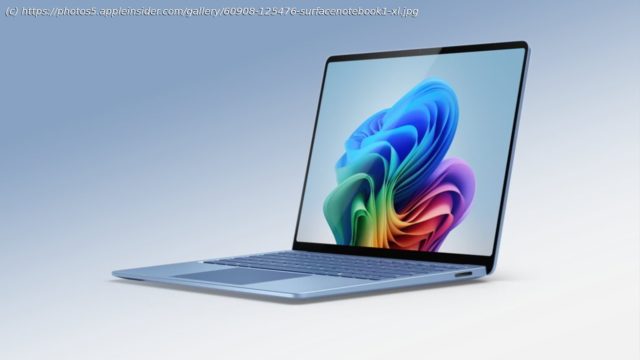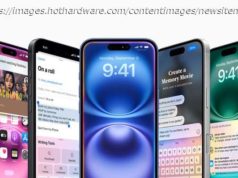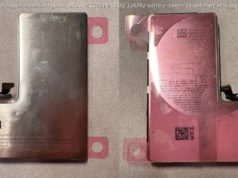Microsoft’s push into AI-centric notebooks isn’t great for gamers, as they can’t play most of their games on the ARM-based chips inside the latest Copilot+ PCs. This is a problem that will be beneficial to Apple Silicon gaming.
Microsoft’s push into AI-centric notebooks isn’t great for gamers, as they can’t play most of their games on the ARM-based chips inside the latest Copilot+ PCs. This is a problem that will be beneficial to Apple Silicon gaming.
In May, Microsoft launched a collection of Windows PCs it dubbed «Copilot+ PC.» While largely an update to Microsoft’s popular Surface line, it also represented a big shift in strategy to lean more on artificial intelligence and generative AI.
The change resulted in Microsoft entering the same sort of territory that Apple has occupied for a few years now, and that Microsoft had previously dabbled with. Rather than making a few models running on ARM-based chips and some on Intel variants, Microsoft instead decided to go fully ARM for 2024.
While the change brings with it many of the benefits that Apple enjoyed with Apple Silicon. However, it also brought with it the problem of architecture changes, which has affected gaming on its hardware platform.
Lost in translation
A report by the Wall Street Journal obviously notes that Microsoft’s switch over to Qualcomm-ARM chips has been less than stellar for gamers. And, this is all despite Microsoft using a similar translation layer that Apple does with Rosetta 2.
PC games have historically been made for the Intel x86 chip architecture, and has done so for decades. With the adoption of ARM for the architecture, games produced for Intel chips therefore have to be remade to work on ARM in many cases.
The alternative is to use a translation layer that allows software made for x86 chips to communicate and work properly with ARM counterparts.
Apple actually did this with its own transition over to Apple Silicon, with its introduction of Rosetta 2. Originally the name for a translation layer to run PowerPC-based apps on Intel Macs, Rosetta 2 did the same about 15 years later, but this time, for Intel software to run on Apple Silicon.
Translation layers aren’t entirely perfect. Microsoft’s version is clearly far more problematic than Apple’s.






